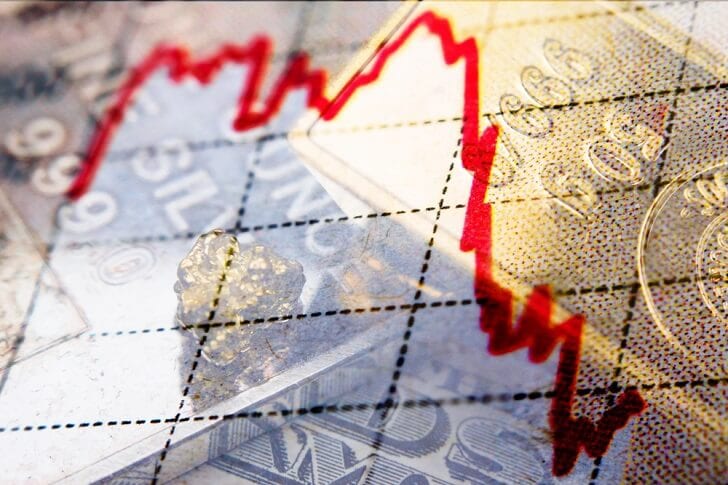There’s no shortage of discussions about how the coronavirus pandemic has negatively affected the economy and the livelihoods of people. However, one related topic not many talk about is how our views have changed regarding who qualifies as wealthy in the ‘new normal’ the global health crisis has created.
What It Takes

According to a survey by the financial services company, Charles Schwab, Americans have lowered their threshold for what they consider as wealthy. To qualify, you must have a net worth of at least $2 million.
While still an impressive number, this figure is a 235 decrease to the $2.6 million the same survey recorded at the start of 2020 before the pandemic hit. Similarly, Americans appear to have changed their views about how much money they’d need to be financially comfortable.
Before, the average amount was $934,000. Just a couple of months later, the number decreased by 30% down to $655,000.
The average American has a net worth of $692,100, according to data from the Federal Reserve.
Changing Money Views

Aside from people’s views on wealth, the same survey also looked into how the coronavirus has changed the money-related habits and views of Americans. It found that they are more likely to save now than before the coronavirus crisis.
To be exact, 40% of respondents said they’d save more today, while 36% said they would be more inclined to save specifically for emergency expenses.
Likewise, the global health crisis also made Americans more open to investing. The survey found that 19% of people would be more likely to buy stocks now, while 22% say they might start investing during the pandemic.
One thing that has stayed more or less the same, though, is how people viewed their needs to be happy. In order of importance, the respondents valued relationships, health, money, lifestyle, and career as contributing factors to their overall happiness.
The Charles Schwab survey was conducted on 1,000 Americans between the ages of 21 to 75. It was first administered in January of this year and then once again in June.
The Coronavirus Recession

The coronavirus pandemic contributed to the United States entering a recession as business activities across the country were halted to help curb the spread of the virus.
The shutdowns also led to the loss of jobs for millions of people. In response, the government has allotted a $2 trillion stimulus package that would give up to $1,200 in cash payments to Americans.




